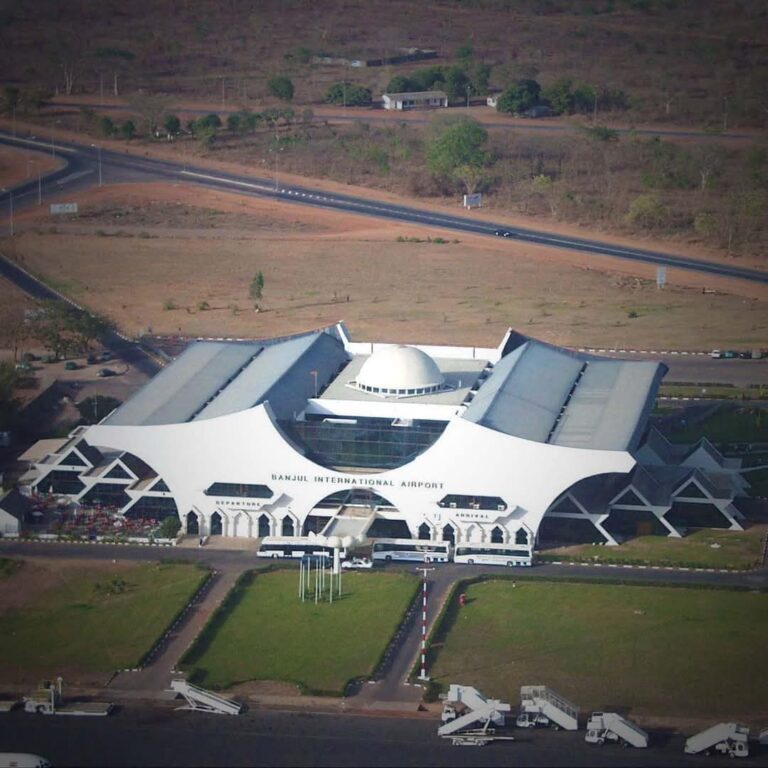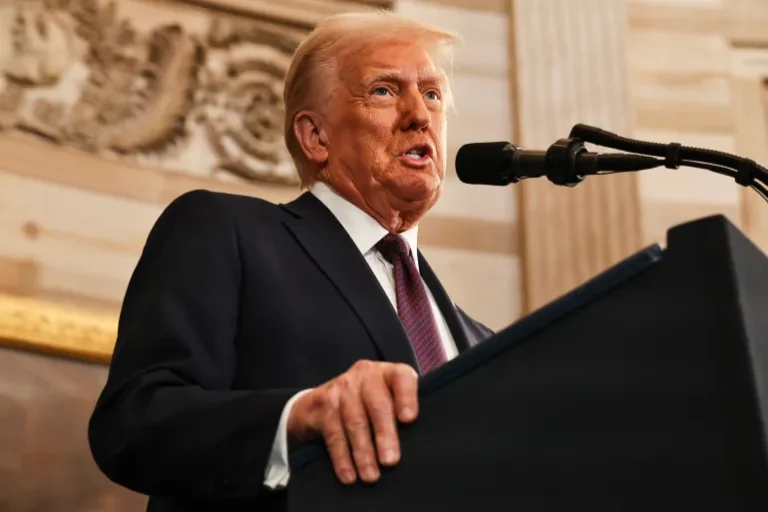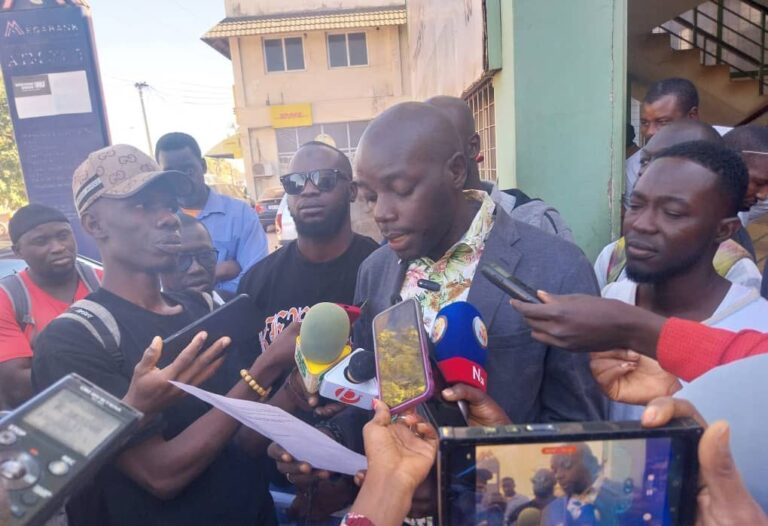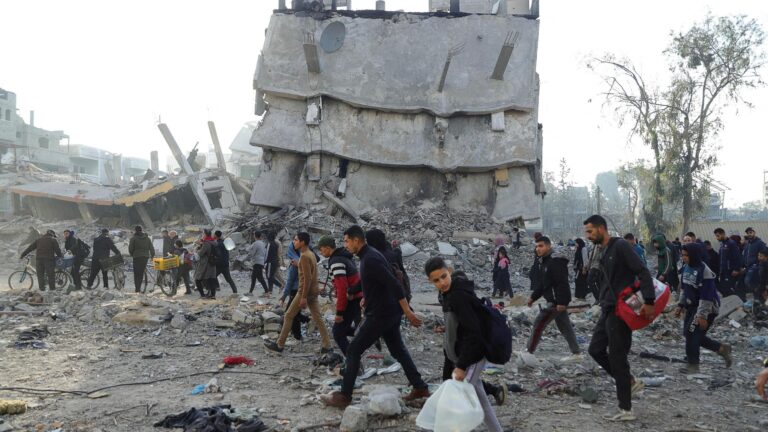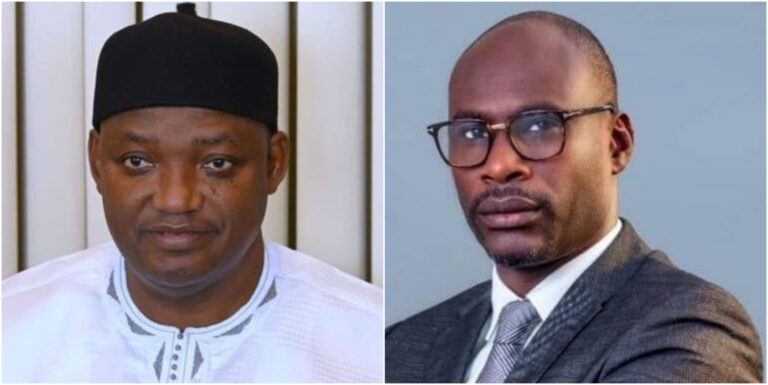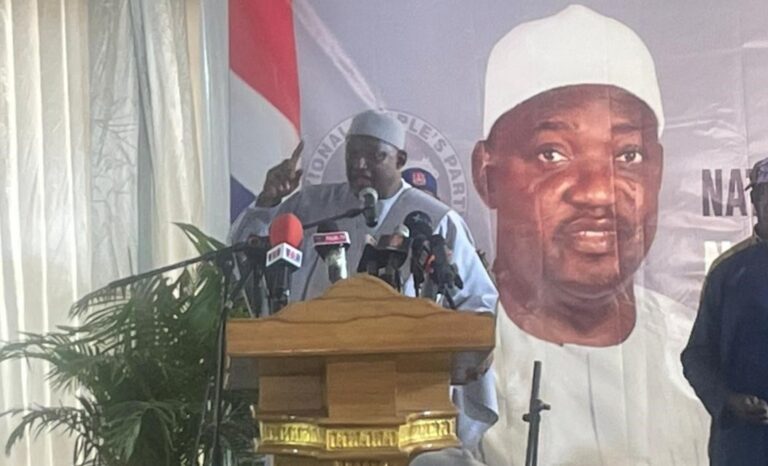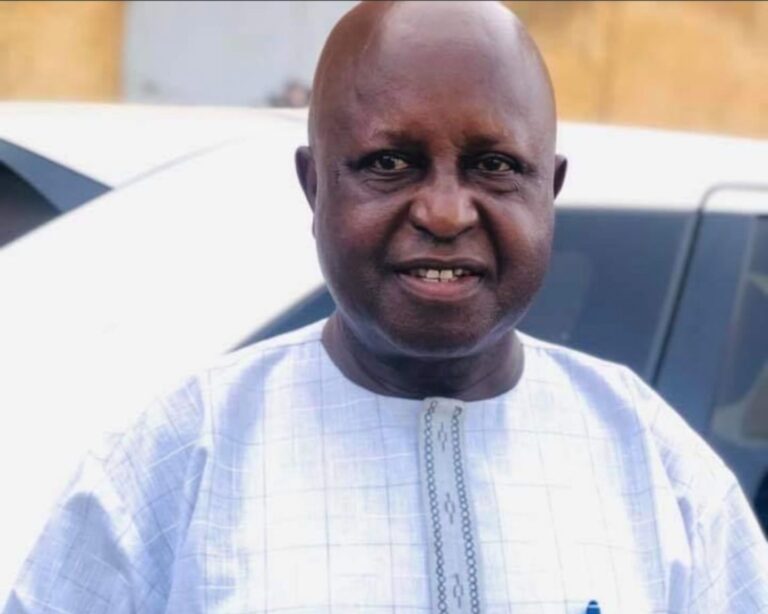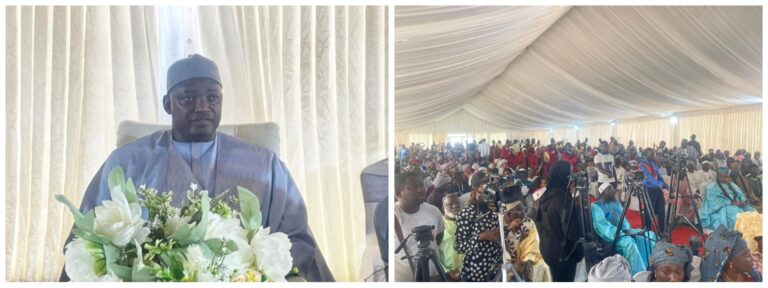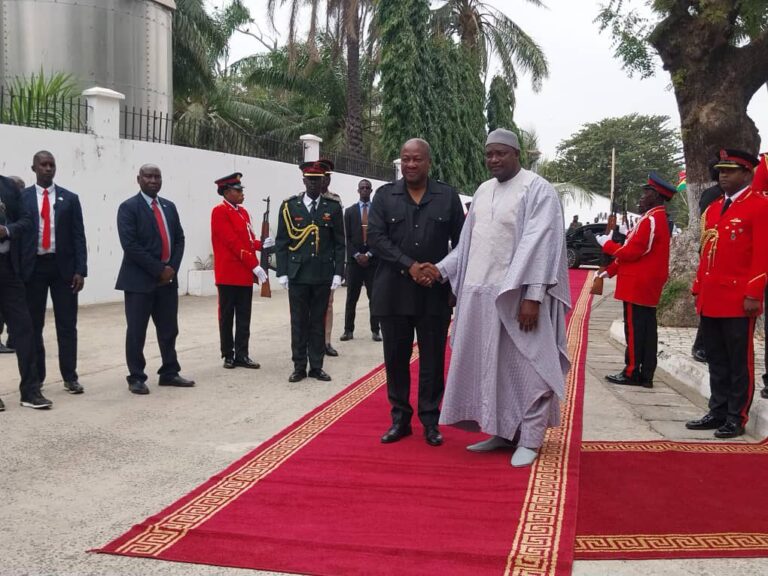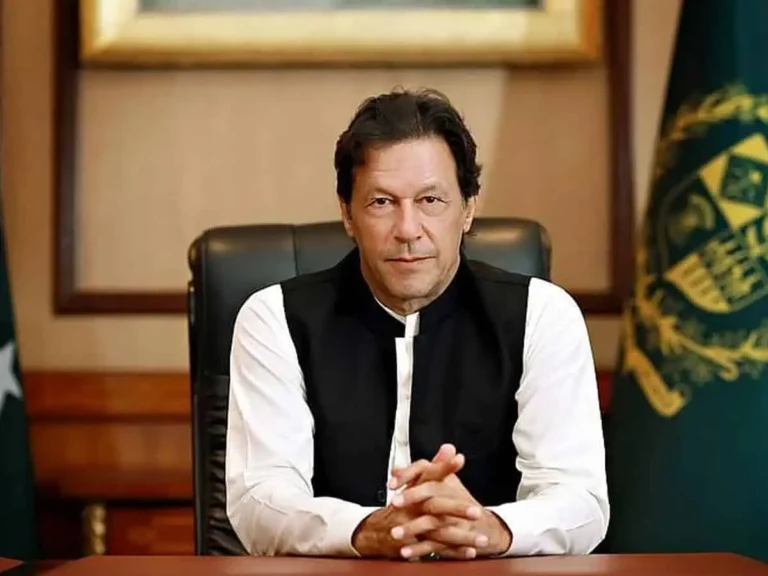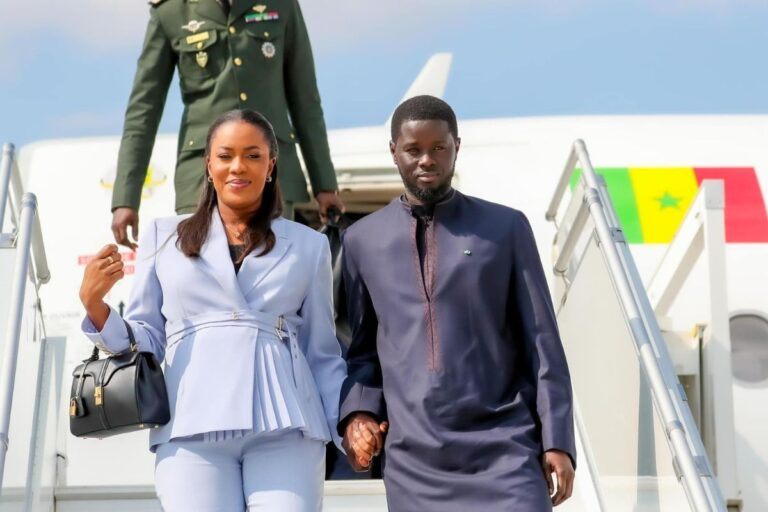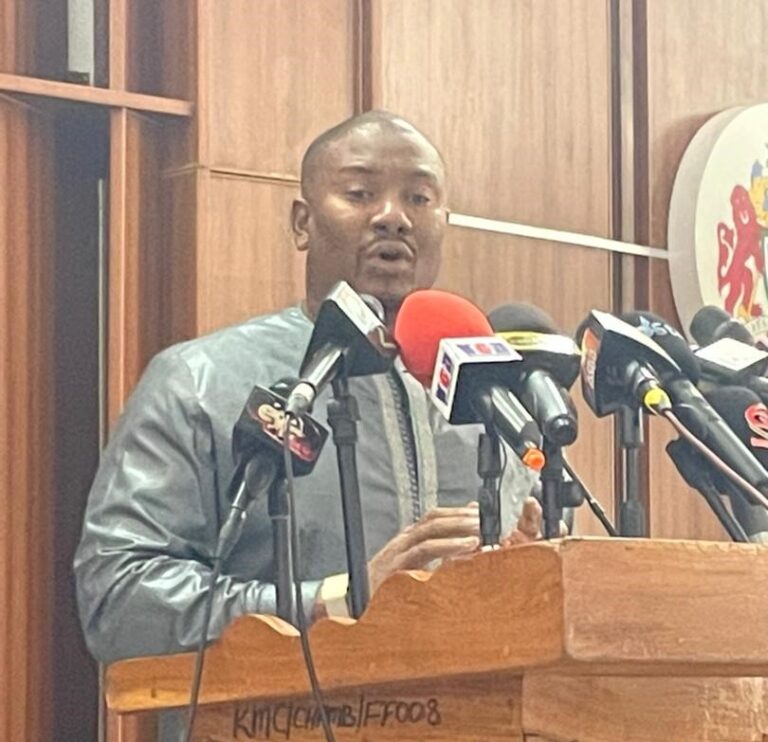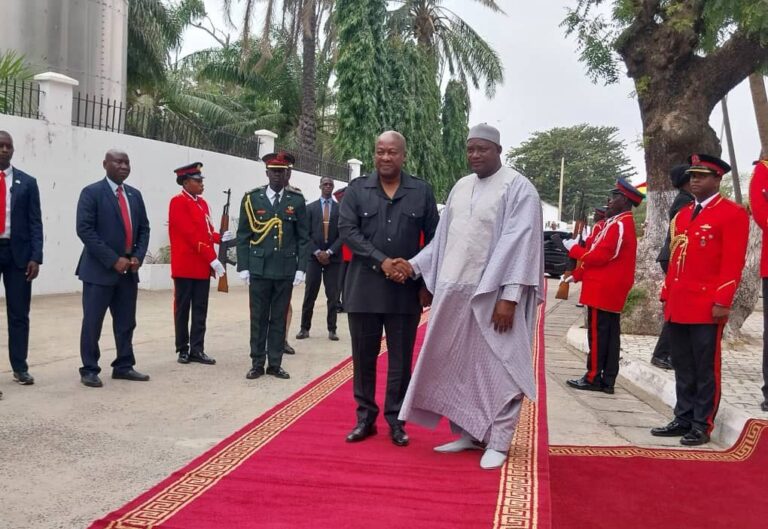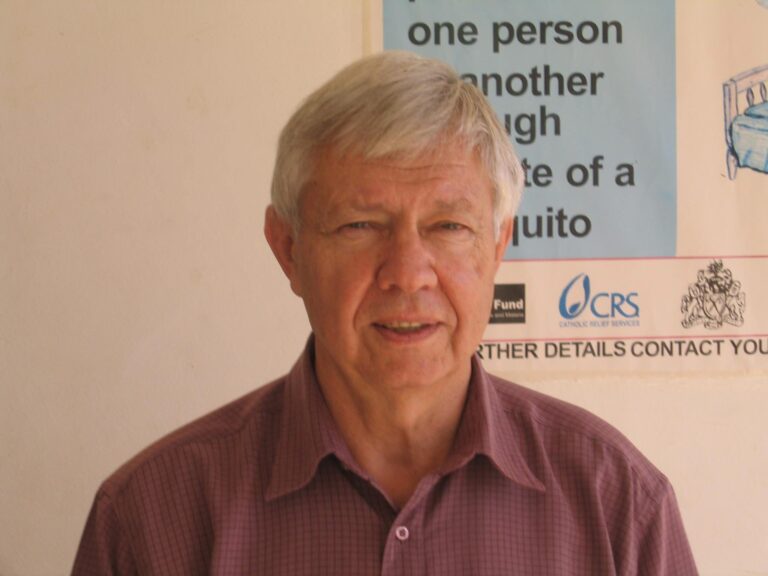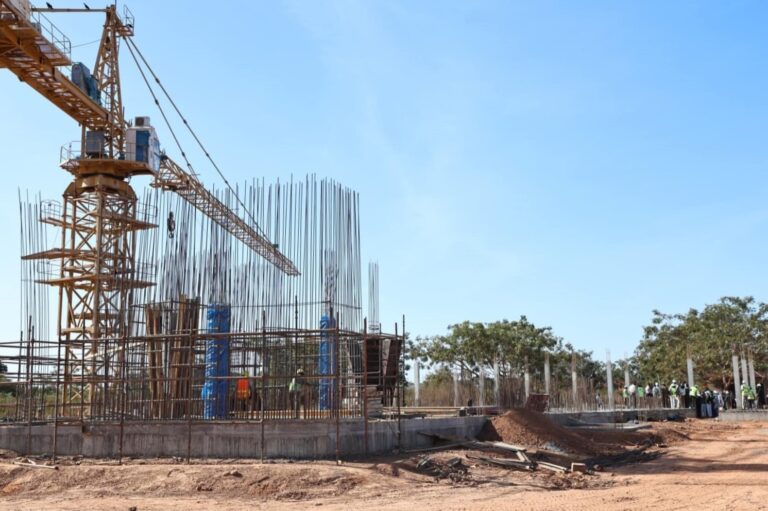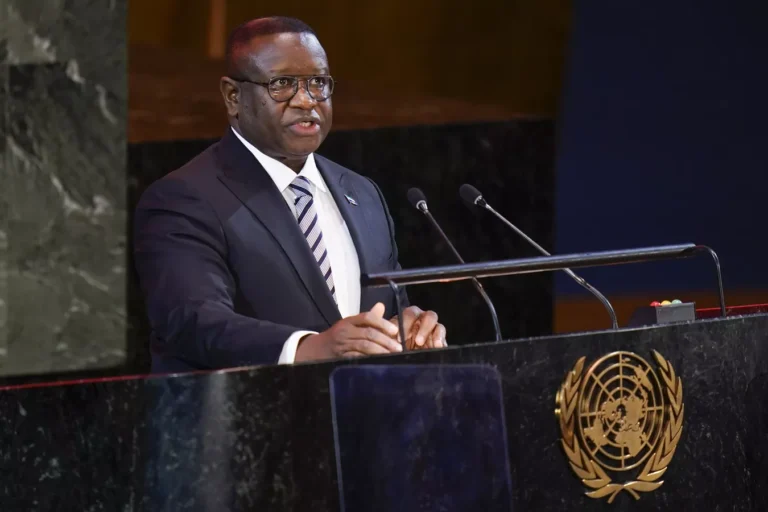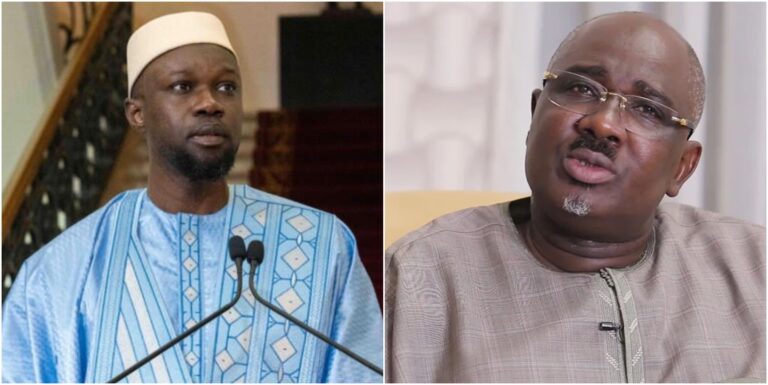By Alieu Jallow
Concerned staff members of Gamcel, The Gambia’s leading state-owned telecommunications company, submitted a petition to the management early Monday morning to express serious grievances over unresolved issues affecting their welfare and livelihoods.
In the petition addressed to the company’s leadership, the employees highlighted a range of pressing concerns, including delayed salary payments, unaccounted deductions, and poor working conditions.
According to Pierre Njie, who read the petition on behalf of the staff, employees reported prolonged delays in receiving their salaries, leaving them financially strained and unable to meet their basic needs.
“Since September 2022, there have been multiple delays in the payment of staff salaries. Salaries due at the end of April 2024 were paid on 24th May 2024. In pursuance of the need to urgently address this issue, Gamcel management must take immediate steps within a reasonable time to address the following: Salaries due for the end of December 2024 have still not been paid. We demand that this be paid immediately and within a week at the latest,” he outlined.
The petition also highlighted unexplained credit union deductions. The staff alleged that deductions were made from their salaries for the staff credit union, but they have been denied access to their contributions, raising concerns about transparency and accountability.
“Staff are being deducted for Credit Union payments but have not been able to access them for over two years now. We demand that these payments be reconciled and information provided on how to access them within the next three weeks.”
Similarly, the petition raised concerns over the suspension of insurance payments, claiming that management has stopped paying insurance premiums for staff, leaving employees and their families vulnerable during emergencies.
“Staff medical insurance has been stopped for almost three years without any explanation. We demand a written explanation and its immediate resumption within three weeks,” he added.
The petition also highlighted unpaid taxes despite deductions being made from salaries. Staff claimed there is no evidence of these payments being submitted to the relevant authorities, which could have legal implications.
“Staff personal income taxes are being deducted but appear not to be paid, which is affecting staff from accessing other services, such as clearance for vehicles. We demand an explanation of where these deductions are being paid and for all outstanding payments to be deposited into the appropriate accounts so that staff can access other services. An explanation of this is required within a week, and all payments must be regularized within three weeks.”
Additionally, employees reported a lack of access to their social security information, sparking fears that these vital funds may not be accounted for.
“Staff Social Security information has not been accessible to those who have lodged inquiries with the Social Security and Housing Finance Corporation (SSHFC). We demand an explanation of why we can’t access this information and call for immediate access to it, either from SSHFC or Gamcel, within two weeks.”
The petition further outlined issues such as poor sanitation in the workplace, insufficient and unpaid cash power at cell sites, poor maintenance leading to worn-out parts, lack of investment, and lack of mobility—all of which have hampered the smooth delivery of services. Poor communication about the closure of outlets has also caused challenges for staff and customers.
Receiving the petition, the Managing Director of Gamcel, Lamin Tunkara, acknowledged receipt of the document and assured the concerned staff that their welfare would be addressed.
“Well, please understand that we are one family, and we can sit together and discuss whatever issues you have,” he stated.
The petition comes at a time when Gamcel faces growing competition in The Gambia’s telecommunications sector. The concerned staff members are calling on management to urgently address their grievances and restore confidence in the company’s operations.
This developing story raises critical questions about employee welfare and corporate accountability in public institutions. As the situation unfolds, all eyes remain on Gamcel’s management to take decisive action to resolve the impasse.


